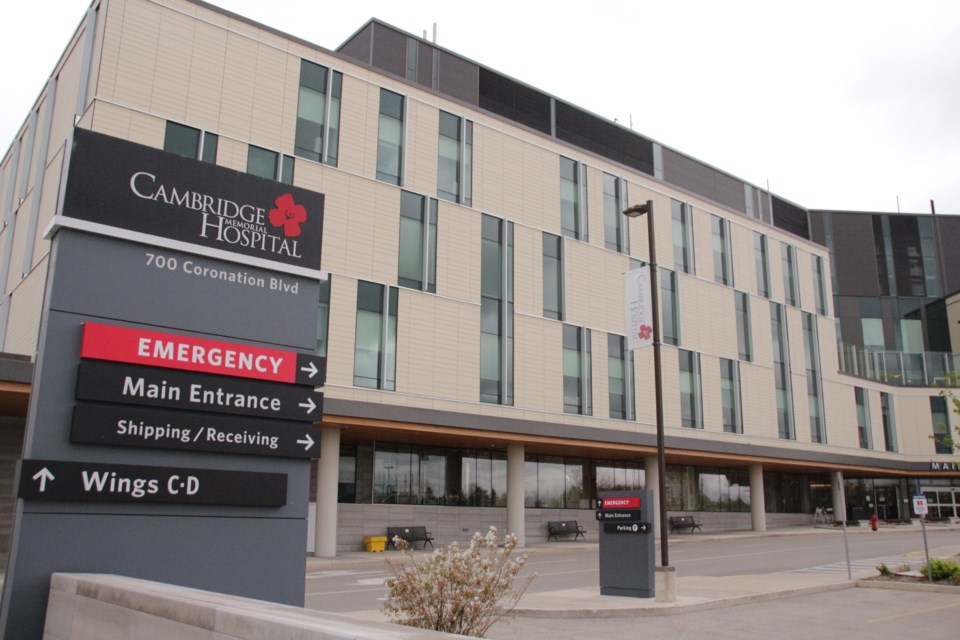The province has given the go-ahead for hospitals in the province to resume non-urgent surgeries.
This is welcoming news to Cambridge Memorial Hospital as it is currently dealing with a non-urgent surgery backlog of approximately 2,400.
"The numbers change a little bit day-to-day but we are looking at about 2,400," said Dr. Asim Masood, Chief of Staff and Vice-President of Medical Affairs at CMH.
"We've been waiting for this news as we watched the numbers decrease and our activity and affects in the province seem to be working and improving the spread rates of the COVID-19 virus, so that's great news and welcome relief for everyone. We are ready and poised to begin the work of resumption back to normal services. Our focus has mainly been on surgeries that can be performed during the day and the patients can be sent home without requiring in-patient admission. That's been the direction we've been given so far," said Masood.
He adds that the hospital is going to be extremely selective around which patients can come and begin surgery.
"We need to keep beds open for potential transfers and supporting other hospitals in the province so that directive continues at this point so all of our capacity needs to be maintained," he said.
There are criteria that the hospital will follow to prioritize the surgeries that need to be done right away.
"We have a way of triaging all of that through a number of criteria we use around the burden of the illness of the patient, age, and other challenges the patient is suffering and the type of problem they have been presented with. These can be surgeries such as patients who require gall bladder surgeries, patients who require a hysterectomy, or other gynecological surgery, or patients who require a joint replacement that can go home that same day. It's very, very good criteria and standardized criteria that we are using to rate our patients and manage that patient waitlist. We've been doing that for some time so this is not a new process," he said.
Masood hopes that the province doesn't have to make a decision to put a pause on these surgeries again but will follow any guidelines that the province will put in place if the situation with COVID-19 worsens in our hospitals.
"That would hopefully be something that we avoid, but it would be a provincial decision coming from the medical officer of health and coming from the provincial table," he said, "it would be similar to what was passed April 20 and we would work lock-sync with the province in any of those directions. We have some latitude locally to pick and choose the type of patients we can manage safely."
Masood said that this is just a start to get things rolling again for surgeries.
"We're not going to make significant headway on the waitlist until surgeries are fully open again," he said, "the door is opening just a crack. It will allow us to start something and get some parts of our operations back up and running but until the full doors are open where we can do all surgeries that require us to do out-patient and in-patient stay and some surgeries require critical-care stay which is the highest level of surgery where we would need to get approval and support from the province in order to begin that kind of work."
He said that vaccinations play a critical role in the burden of illness and spread in the community as well as those requiring hospitalizations in critical care admissions.
"It's very key to resuming surgeries if the burden of illness in the community is going down either through vaccination or through lockdown or other measures then the chances of people contracting the virus because even with a vaccine there is still the ability to contract the virus but not getting as sick and perhaps not transmit the virus as much," he said.
